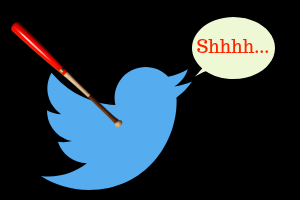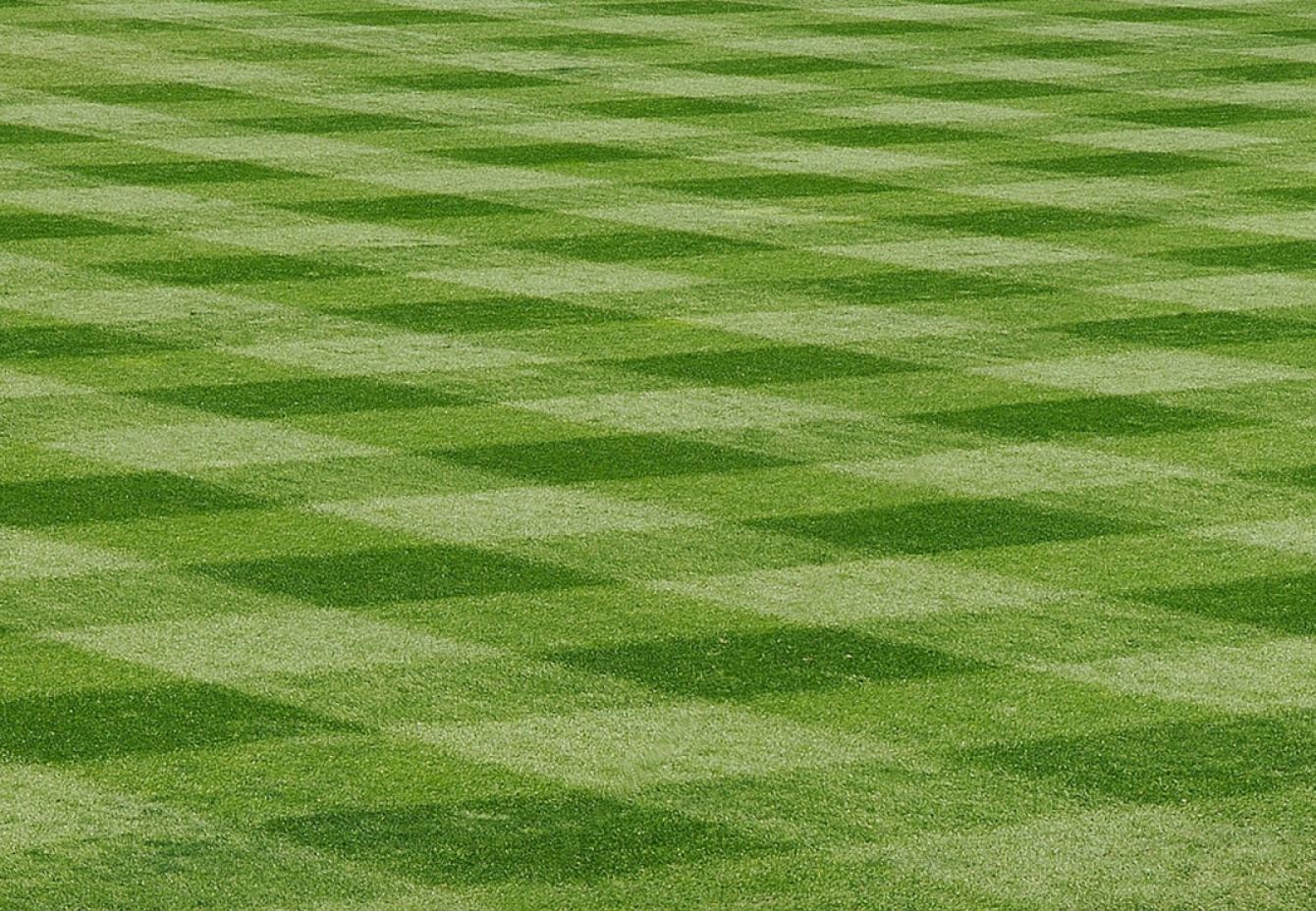
There is the always debated question in amateur baseball, whether or not should coaches call pitches? I have been asked about this on several interviews which I have done. There are handful of vital factors that go into this important decision for coaches. The reasoning behind it is affected by the aptitude of every individual pitcher and the catchers on the team, among other variables.
Should Coaches Call Pitches?
My Personal Experience
In speaking from 4 years of experience as a pitching coach at a very successful high school program, I called pitches every game. It was the head coach’s executive decision to do so. I will get to his reasoning in just a moment. However, there are always exceptions to the rule that forces us to break the self created conformity, and adjust.
The school I coached at is a highly academic, incredibly expensive private school. Nonetheless, they could still play the game. Naturally, the traditional preppy kids on campus played lacrosse…like every other knucklehead when they realize they can’t hit a breaking ball. As students, they were grilled with a pre-Ivy League academic load every day in school, followed by 6 hours of homework each night.
Therefore, me calling pitches took the thought out of it for them in between. All they had to do was see the sign, and execute the pitch. Most of the pitchers on the staff were OK with it and enjoyed working with me. In 4 years, there were only 2 instances where I didn’t call pitches. One for obvious advancement reasons, the other was an inevitable impasse.
Scenario #1 The Moonlighter
In 4 years, somehow, I only had one Lefty pitcher. He made a lone appearance in his senior year for us and won a much needed game. He threw a fastball that would have bounced back off of a glass window, along with a curveball and changeup that would not register on the Jugs gun. Let’s just say, he made Jamie Moyer look like Randy Johnson.
From my view, I couldn’t tell the difference in any of his 3 pitches. They goofily all looked the same. The lefty himself didn’t even know which way the ball would break. So how in the world would I be able to ask this kid to spot a fastball on the outside corner to set up his secondary pitches? So I put it in the catcher’s hands. He had a good repore with the lefty and understood to go with what was working and reading hitters. Plus, let the obscure, southpaw movement flow. Thus, dictating what to throw. Should Coaches Call Pitches?
Scenario #2 – The All American
The second case was with a stud pitcher. When you are 6’5” 240 as a sophomore touching 90 with a hammer of the gods curveball and good command of a changeup, you have to let this kind of talent figure it out for themselves. The scouts came out to see him play in his junior and senior seasons. He was invited to pitch at Yankee Stadium in a private regional showcase along with being on the MLB draft board after his senior season.
In his case, he had to learn how to pitch himself. He was going places in baseball. Therefore, when the scouts came to see him, and I would have been calling pitches for him, that’s not a good showing. Lastly, if he made a mistake, it wouldn’t come with the same damage as another pitcher on the staff.
As for everyone else, I told them, and the catchers, not to be a robot when I call the pitches. Understand why I am calling certain pitches and follow the sequences. Learn from the process. It is how you get better.
Should Coaches Call Pitches?
PROS
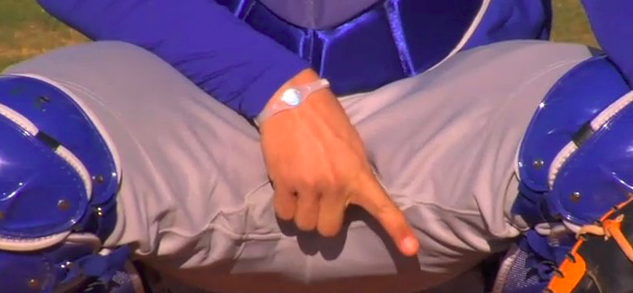
The mind of a teenager is going to drift away from the task at hand every now and then. Sometimes, they just flat out don’t think! I was no different at that age. They will lose focus or get overly creative in pitch selection. As a result, one wrong pitch could be the ball game.
In my first year coaching, one of our top pitchers was throwing in a scrimmage. Based on the exhibition circumstance, show me what you got and how you like to use it. He had a bottom or the line up hitter quickly down 0-2. Instead of putting him away with his wipeout Slider, he tried to get cute and nibbly and the hitter got back into the count and worked it full. On the 3-2 pitch, the scrawny batter laced a 2 out double. Inevitably, I had to make the slow walk out to the mound and tell my pitcher,
“I don’t have a problem with the ball just hit in the corner. I have a problem with the fact that you got ahead 0-2 and tried to be too fine.”
His lack of assertiveness with his pitches gave the hitter confidence that he could win the battle, which he did.
Cut Out the Craziness Crap!
Another Pro to this is when catchers don’t quite grasp the concept of calling a game. I can’t fully agree with the saying, Even the dumbest catcher is smarter that the smartest pitching coach. When they are unable to read swings, pick up on the tendencies of hitters, and stay out of certain areas, it will get ugly fast. The coach is the only one to stop the bleeding. Too often, they double up on pitches to good hitters. Even at the high school level, you can’t get away with that.
Some catchers have a poor exit strategy if you will. How do they expand the zone when it gets to 2 strikes? How do they go for the strikeout? I once threw to a catcher who caught some in college. When the count got to 0-2 or 1-2, he called for a fastball down the middle, but down below the zone. I had no idea what the hell he was getting at! If you miss just a bit up, that’s a nitro zone for many hitters. When the coach is qualified to call pitches, he is eliminating any potential miscommunication between the pitcher and catcher. They work together as a unit and super-cede any irrelevant game plans and off the wall strategies. Should Coaches Call Pitches?
Although, when a catcher has the right mindset for the process, he is willing to learn. With learning comes communication. He can see that he is the bridge between the pitching coach and the pitcher. With the best seat in the house, he can let the pitching coach know what the umpire’s zone is like, what is working for the pitcher, and share his input how to get through the lineup the 2nd & 3rd time.
On the other side of the bridge, he has to be the pitcher’s best friend, spiritual advisor, or even his big brother, ripping into him when needed. It’s nothing personal, we are all just trying to WIN!
Should Coaches Call Pitches?
CONS
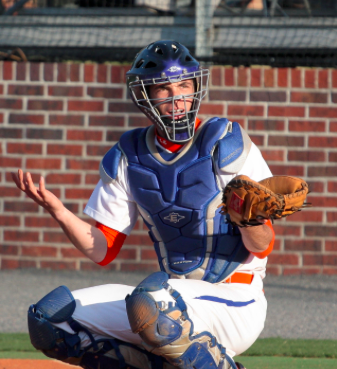
Yes, it does run the risk that pitchers and catchers do not develop in this vital part of their crafts. That is something players with talent and projectability for the next level(s) should not be held back on, ever. It is a coach’s job to teach and develop as well as win.
Another risk is when the coach is calling pitches that the man on the mound is not comfortable throwing. The coach has to realize what is not working that day and what the pitcher has to keep throwing until he finds it. It is essential to have an understanding of each pitcher on an individual basis and communicate with them about what feels good and adjustments need to be made.
When the coach calls pitches the way he would pitch, but for someone with a different style, it is going to end badly. Some pitchers are not comfortable throwing inside. You can see them tense up as soon as they get the signal. Usually, they either throw the pitch at the hitters feet, which isn’t a total fail. Or it is thrown straight above the strike zone, not setting up properly for the next pitch away. Even worse, they hold onto it too long because they don’t want to plunk the hitter, and hit ends up right down the middle.
A Mortal Sin in Baseball…..Maybe
Then there is the always dreadful ‘pitcher shakes off’ and throws what he wants. When the ball gets smashed and runners are on the move, something useful gets broken in the dugout. The nominal reaction of a coach is:
“You throw what I call and that’s final.
DON’T YOU EVVVVVVVER SHAKE ME OFF!”
Sure, that is usually right on the coach’s part to an extent. However, when the coach and pitcher don’t communicate with each other regularly throughout the game, this can happen. Both sides have to take accountability to get on the same page. The coach is the authority figure who has to take his share of the blame when this occurs. He is responsible to put his players into the best position to succeed.
Should Coaches Call Pitches?
Odds & Ends Instances
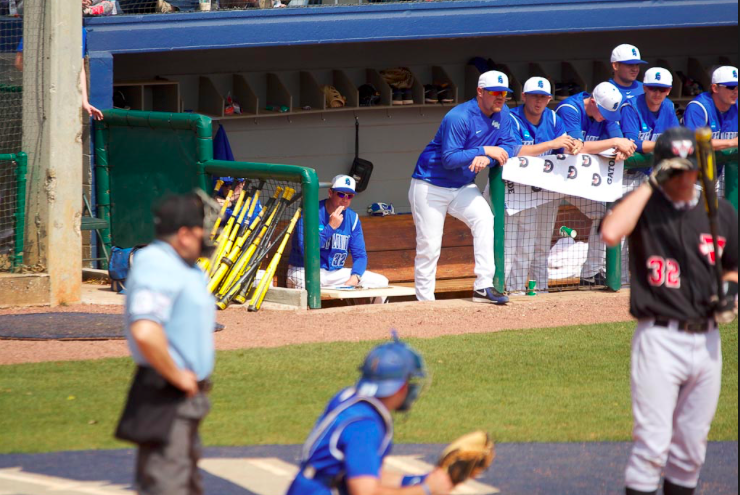
Coaches calling games in college baseball is just wrong! That’s micromanaging and showing inability to develop and trust players. One trickle down result can be lack of on field leadership in the program. Then coaches wonder why their records are not impressive. Now when a college coach sees something, or picks up on a situation, and uses his veto power by signaling into the catcher, that is understandable. That also doubles as a teaching moment for everyone involved.
A frustrating part for coaches calling pitches, is when you get to the bottom of the staff and these hurlers don’t have much of a clue, let alone command. Usually, all the coach can do is find a strength and run with it. Quite often, it is a repeated call of Fastball Away, Fastball Away, Fastball Away. Or just throw it down the middle and hope for the best.
I was fortunate to coach in the Delaware Blue/Gold Game for Seniors. As I was in the bullpen with the starting pitcher warming up, the catcher asked me if I am calling pitches in this game. I couldn’t help but chuckle at his comment. Very simply I replied,
“This is an All Star Game, you all got here because of your talents. So show off what you got you here. Secondly, you graduated high school and are a legal adult over 18, you have earned your right to call your own game kid.”
Should Coaches Call Pitches for you? Do you want to show your coach that you are able to call you own pitches? Simply execute everything that you throw. Command 2-3 pitches consistently. Stay out of the middle of the plate, yet challenge hitters. Be dedicated to your mental preparation. Show that you can make adjustments quickly. And for more advancement with recreational enjoyment, use video games to learn how to pitch. Seriously! It won’t let you down.
Keep Dominating!!!
About The Author
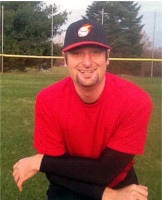 Brad Kirsch is the Owner/Creator of Slider Domination. He is a former professional pitcher who blogs about all things Pitching. Brad has also authored the AudioBook, 7 Reasons Why YOU Should Throw a Slider. If you haven’t done so already, you can Download the AudioBook Here
Brad Kirsch is the Owner/Creator of Slider Domination. He is a former professional pitcher who blogs about all things Pitching. Brad has also authored the AudioBook, 7 Reasons Why YOU Should Throw a Slider. If you haven’t done so already, you can Download the AudioBook Here
Should Coaches Call Pitches


